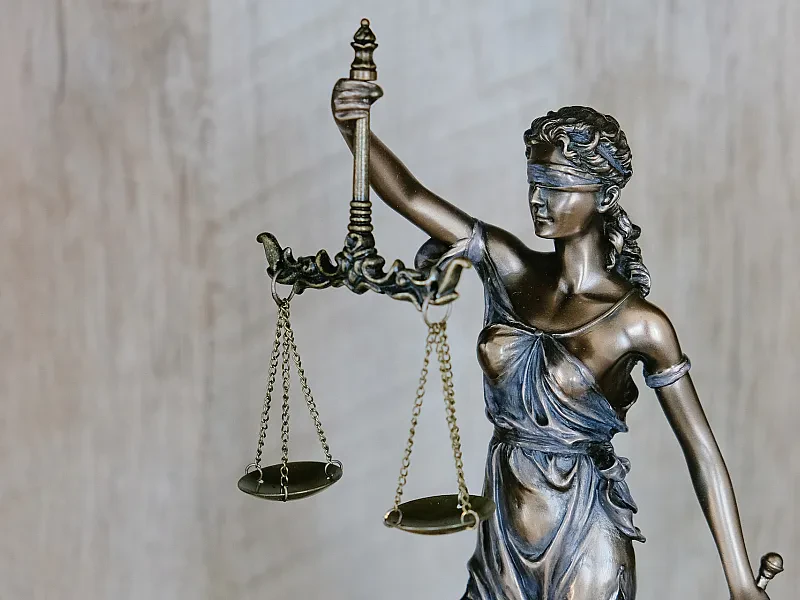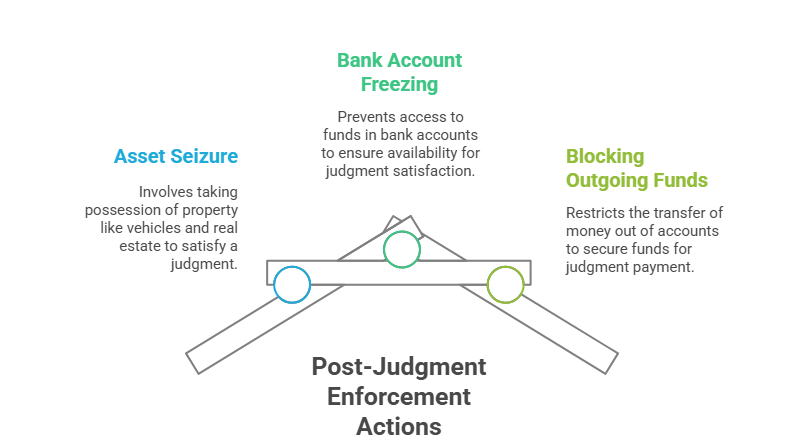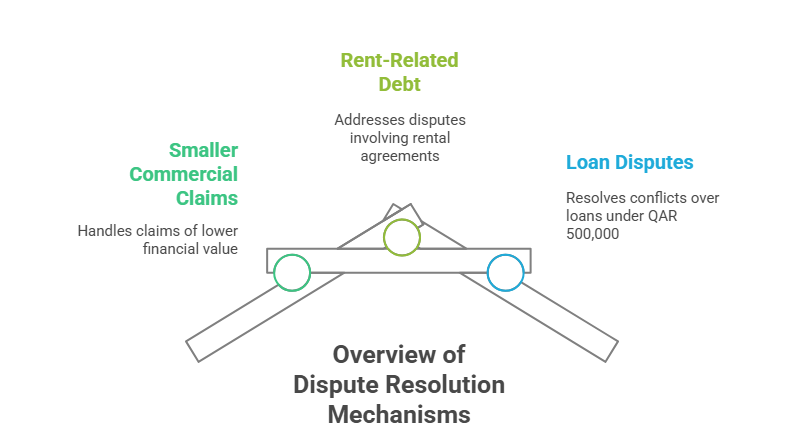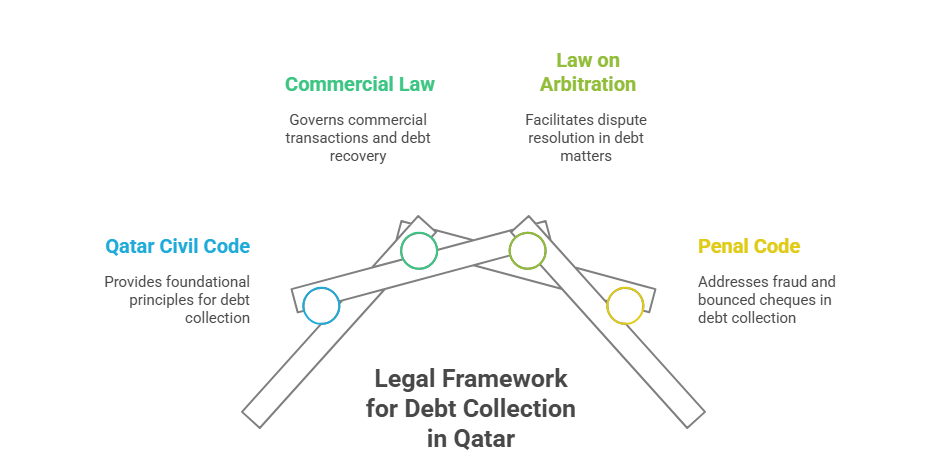
Table of Contents
Understanding the Legal Framework in Qatar
Debt collection in Qatar is governed by a combination of civil, commercial, and financial regulations. With the rapid growth of business and personal credit markets, enforcing debt lawfully has become more critical than ever. As of 2025, updates to the enforcement code and court procedures have made the debt collection process in Qatar more structured and transparent.
Overview of Debt Collection Law
The primary legislation regulating debt collection includes:
Debt can be recovered through amicable means or legal action. Contracts, loan agreements, or even oral promises (if provable) can form the basis for a legal claim.
Role of the Civil Code and Ministry of Justice
The Ministry of Justice (MOJ) supervises debt recovery procedures through civil courts. It also oversees the licensing of collection agencies and the application of enforcement mechanisms such as:
- Salary garnishment
- Asset seizure
- Travel bans
The civil courts provide the forum for legal enforcement and are responsible for issuing judgments and orders.
2025 Legal Updates Affecting Debt Collection
In 2025, Qatar updated its debt recovery processes with:
- Digitized court filings for debt cases
- Shortened response timelines for debtors
- Simplified enforcement of judgments
- Expanded jurisdiction of Dispute Resolution Committees
These reforms aim to speed up case resolution and offer better protection to creditors.
The Debt Recovery Procedure Step-by-Step
Sending Legal Notice and Filing a Case
The legal recovery process begins with a formal legal notice. This notice should:
- Specify the amount due
- Reference the original agreement
- Demand payment within 7 to 15 days
If the debtor ignores the notice, the creditor may file a civil case in the appropriate court. Jurisdiction depends on the amount involved and the nature of the dispute.
Required Evidence and Supporting Documents
To file a claim, you need:
- Valid contract or agreement
- Invoices and delivery records (for commercial debts)
- Bank transfer records
- Email or message communications
- Proof of partial payments (if any)
Timeline and Court Process
The general debt collection timeline includes:
- Filing the complaint
- Serving the debtor with notice
- Response period (usually 15–30 days)
- Hearing before the judge or committee
- Issuance of judgment
From filing to judgment, the process may take 2–6 months depending on case complexity.
Enforcement After Judgment
Asset Seizure and Bank Account Freezing
Once a judgment is obtained, the court may issue orders to:

These enforcement actions are carried out by court officers in coordination with banks and the police.
Travel Bans and Salary Garnishment
If the debtor attempts to leave Qatar with unpaid obligations, the creditor can request a travel ban through the court.
For employed debtors, the court can issue an order to deduct a percentage of the monthly salary until the full amount is paid.
Enforcing Settlements and Agreements
If a settlement agreement was reached, but the debtor defaults, the court can enforce it as a binding contract, provided both parties signed it before a notary or certified lawyer.
Business Debt Collection Rules
Collecting Debt from Companies and SMEs
Businesses may file claims for:
- Unpaid invoices
- Breach of supply agreements
- Non-payment for goods or services
Commercial disputes often proceed through the Civil and Commercial Court. Legal representation is recommended for corporate claims.
Rules for Unpaid Invoices and Commercial Contracts
- A signed contract is the best evidence.
- Invoices with delivery notes or acknowledgment emails are accepted.
- Even unsigned contracts may be enforceable if performance has occurred.
Rights and Responsibilities of Creditors
Creditors have the right to:
- Seek enforcement through the court
- Negotiate settlements
- Submit claims to dispute resolution bodies
They must not:
- Harass or threaten debtors
- Publicly defame the debtor
- Retain personal documents (e.g., passport)
Working with Debt Collection Agencies
Licensing and Legal Compliance for Agencies
Only licensed debt collection agencies may operate legally in Qatar. They must:
- Follow ethical practices
- Avoid coercion or threats
- Register with the Ministry of Commerce and Industry
Pros and Cons of Hiring an Agency
Pros:
- Faster pre-court recovery
- Lower upfront cost
- Multilingual staff
Cons:
- No power to enforce judgments
- May charge commission (10%–30%)
- Reputational risk if unprofessional
Costs, Processes, and Best Practices
Costs vary, but most agencies work on a success fee basis. Always:
- Ask for a written agreement
- Set a collection deadline
- Monitor agency conduct
Expatriates and Debt Disputes in Qatar
How Expats Can File a Debt Claim
Expats have equal rights under Qatari law. To file a claim, they must:
- Present documents in Arabic (certified translation required)
- Appoint a legal representative (if needed)
- File in the civil court or dispute committee
Consumer Loan Defaults and Legal Consequences
If an expat defaults on a bank loan:
- The bank may file a criminal or civil case
- A travel ban may be imposed
- The debtor’s name may be blacklisted in the Qatar Credit Bureau
Family and Informal Loan Recovery
Informal debts (e.g., personal lending without contracts) are enforceable if there is:
- Bank transfer evidence
- Written acknowledgment via email or message
- Witness testimony
Alternative Dispute Resolution Options
Debt Tribunals and Dispute Committees
The Dispute Resolution Committee under the Ministry of Justice now handles:

This option is faster and more informal than court.
Mediation vs Litigation for Debt Cases
Mediation is suitable for parties willing to settle. A neutral mediator facilitates negotiation. If that fails, the court route remains open.
Litigation is necessary when:
- The debtor refuses to pay
- No agreement is possible
- Enforcement tools are needed
Small Claims Court Procedures
For disputes under QAR 100,000:
- No lawyer is required
- Hearing scheduled within 30 days
- Quick judgments with limited appeals
When to Hire a Lawyer or Law Firm
Legal Representation in Debt Recovery Cases
Hire a lawyer when:
- The amount is high or complex
- You are a foreign party
- The debtor challenges the claim
Lawyers assist with:
- Drafting legal notices
- Filing cases and appeals
- Attending court hearings
Agency vs Law Firm – What’s Right for You?
| Criteria | Debt Collection Agency | Law Firm |
|---|---|---|
| Cost | Lower (commission-based) | Higher (fee-based) |
| Legal authority | None | Full court representation |
| Best for | Pre-court recovery | Legal enforcement |
| Enforcement tools | Not available | Yes |
| Case complexity | Low | Medium to high |
Top Law Firms for Debt Cases in Qatar
Some recommended firms:
- Sultan Al-Abdulla & Partners
- Al Tamimi & Company
- Eversheds Sutherland Qatar
- Dentons Doha Office
These firms offer litigation, mediation, and enforcement support.
Best Practices to Avoid Legal Issues
Drafting Strong Contracts
- Include payment terms, penalty clauses, and dispute resolution methods
- Ensure both parties sign and retain copies
Maintaining Clear Communication and Records
- Use official channels (email, registered mail)
- Document all transactions
- Follow up consistently before legal escalation
Monitoring Payment Terms and Legal Notices
- Set clear due dates
- Send polite reminders before legal notices
- Keep your records legally valid with timestamps and receipts
Final Advice and Resources
Useful Government Links and Portals
- Qatar Ministry of Justice: www.moj.gov.qa
- Civil Court Portal: portal.judiciary.qa
- Qatar Credit Bureau: www.cb.gov.qa
- Dispute Resolution Committees (via MOJ)
When to Settle vs Pursue Enforcement
Settle when:
- The debtor is cooperative
- Legal costs outweigh debt amount
- You want to preserve the relationship
Pursue court enforcement when:
- The debtor is unresponsive
- You need an enforceable judgment
- There are attachable assets
How to Stay Compliant While Collecting Debt in Qatar
- Follow legal notice procedures
- Avoid defamation or coercion
- Respect debtor privacy and legal protections
- Use only licensed representatives or lawyers
Need help with debt collection in Qatar?
Consult a licensed law firm or dispute resolution advisor who understands Qatari law, business culture, and court procedures.
Disclaimer: This article provides general information and should not be construed as legal advice. Please consult with a qualified and experienced lawyer for personalized guidance regarding your specific situation.

